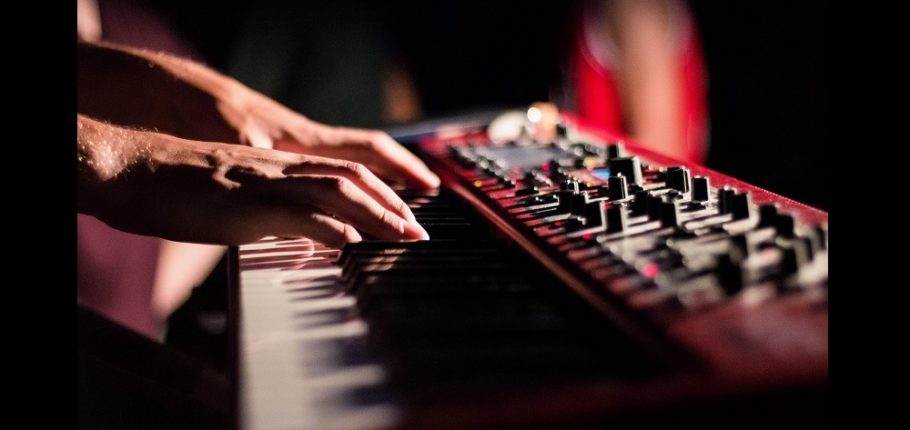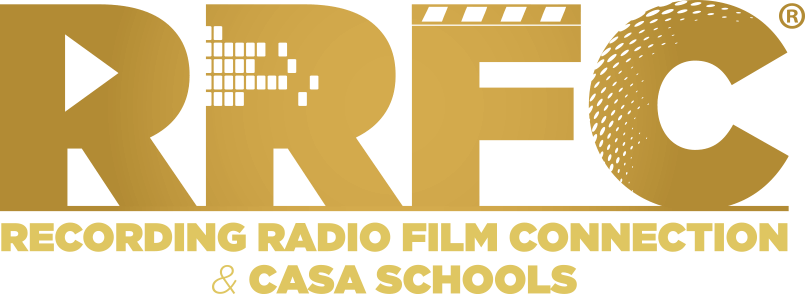
3 Good Things, 3 Bad Things About Being a DIY Musician
Being a DIY or “Do It Yourself” musician can be attractive for those creatives out there who want to call their own shots and retain control over their lifestyle. But, there are downsides to consider before going it alone as a musician. Here’s some of the good and the bad to consider:
The Good – Complete Creative Freedom
As a DIY musician you can make the music you want to make, express yourself the way you want to, and call your own shots 100%. You don’t have to worry about working with people who want to change your vision or put their own mark on your work. You also don’t have to worry about getting your point across to a writing partner, audio engineer, or music producer, since you’re all of the above. You can choose your own sound, your own influcences, and you can see your vision through to completion unfettered by someone else’s dictates. Bear in mind, having all the room and time in the world to create, discover, and eventually make the music you want to make takes a lot of energy. And, you need to stay disiplined and continue creating and completing your songs without getting sidetracked in the process.
The Bad – You’re Doing All of It
Choose to go it solo and the truth is that you’ve going to have to work harder than those who have solid production partners or collaborators. For many DIY musicians, that includes booking shows, managing social media, emailing tracks, working with graphic designers, organizing events, not to mention editing, mixing, and mastering your own music. In other words, you’ll be grinding on the music making as well as all the other ancillary stuff that gets you out there booking gigs, getting coverage, and growing your audience.
When you’re calling all the shots, the only person you’re accountable to is you. That fact may prove to be a driving force for some of us, but who is one to turn to when things go awry, or some of that creative steam starts to dissapate? Having to fuel one’s own engine again and again can be daunting for some of us, actually, a lot of us. Since that’s the case and only you know you, it’s probably a good idea to get really honest with yourself about how you operate during the good times as well as those which are less than good.
The Good – Infinite Opportunities for Re-Invention
With every failure comes the chance to learn. Better to learn in the shadows, where no one is watching than to do it on a massive stage, right? When you’re starting out as a DIY musician, you have the chance to experiment, play around with format, genre, and work methodology. You can constantly re-invent yourself, re-define yourself, and re-interpret yourself.
The Bad – You Have to Fund It Yourself
When you choose to go solo, you’re the one who’s funding your own growth. You’re paying for your promotions, your gear, the swag you sell or giveaway at shows. You’re also paying for those recording studio sessions, unless you’re doing that yourself too (and have a studio to record in). Gig posters, mixing time, venue space, website design and maintenance, it all comes down to you. While the opportunities may be infinite, the funds are, most definitely finite, so you’ll have to get smart about when and what you chose to invest in.
The Good – Collaborate with Whomever You Want
When you’re completely DIY, you can collaborate with anyone who suits your fancy or fascination. You can go from sampling blue grass from your uncle, to cutting a track with a freestyle rapper across the country. When you get to collaborate with whomever you want to, you get to experience the joys and the frustrations of working with artists and music professionals from all over the many grooves of the industry. That being said, one-off collaboration can sometimes be very time consuming since those concerned often lack the shorthand that comes from having an actual partner who gets you and who can evolve with you too.
The Bad – It Can Be Lonely
Being DIY isn’t always easy on an emotional level. Musicians in bands or partnerships have a sense of community. There’s someone they can turn to, someone who’s on a journey similar to their own. Hence, when you work with others, it’s easier to feel or perceive that you’re in step with other like-minded individuals who are members of the same creative tribe. When you’re creating all your own stuff, you’re braving it all on your own. Even the realization that you’re going it alone can be taxing for some of us. Days, even weeks, can go by without talking to another human being. Slipping into the doldrums or hitting a creative roadblock is definitely possible when you go it alone and that 3 am ennui starts becoming your only friend. But hey, isn’t that a great name for some kinda oozy, downtempo song?
The Art of Collaboration: Rick Rubin & Johnny Cash
A Clever Pairing: Two Recording Connection students Release Hip-Hop Album



